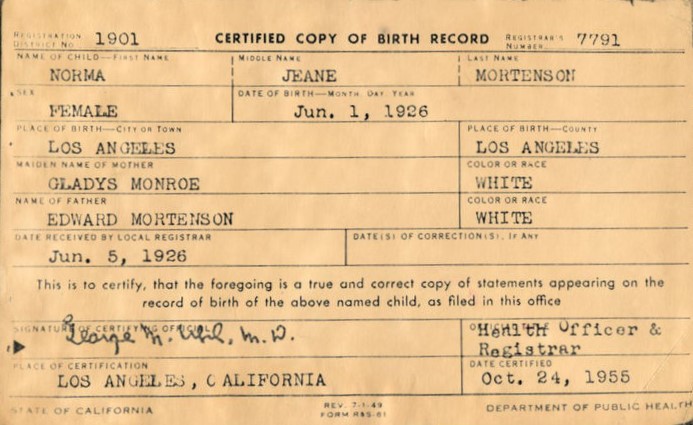
Have youbeen researching for some time now and would like to discover additional genealogicalresources?
Try using WorldCat, the largest library catalog in theworld. It might very well point you inthe direction of previously unexplored resources that may provide further informationabout your ancestor.
Note: Remember also that Genealogists.com provides access to over 1,000 of the worlds archives and repositories for records. Between WorldCat and Genealogists.com, you will be able to gain access to the 90% plus records that are not yet available online.
WorldCat isoperated by OCLC (Online Computer Library Center) and is an online catalog ofmany library collections. TheFamilySearch Catalog (previously called the Family History Library Catalog) isnow indexed in WorldCat. As a result,searching in WorldCat displays information in the FSC, as well as in otherlibraries. This is the first time theFSC has been included in any other catalog.
If you findsomething in WorldCat that you want to examine in the Family History Library, simplyclick the link to go to the FSC for details. If a digital copy is available, you may be able to download the PDF (PortableDocument Format)— and unlike Google Books, these books are completelysearchable. Even if there is no digitalcopy available on the FSC, you can view the FSC description and the format it appearsin, e.g., hardcopy, microfilm, etc. You can also send us a request and we will send you the digital records within a few days.

WorldCat alsocontains the ArchiveGrid discovery interface, which aids in family historyresearch by providing access to over 2 million archival material descriptions, suchas documents, personal papers, and family histories held by thousands oflibraries, museums, and historical societies. Click here for for additional details as well as this link on Wikipedia.
Here arefour examples of searches you can perform on WorldCat:
Cemetery
Search forcemeteries in the area where your family lived, and then research thosecemeteries for family members who may be buried there.
Example: “Abbeville County, South Carolinacemeteries”
Township, County, Province, State or othergeographic area histories
Do you wantto learn more about the area where your ancestor lived? Perform a search using the county, township,or other territory name to discover what information you can learn.
Example: “Abbeville County, South Carolinahistory”
Surname
Perhaps someonehas written a history about your family; perform a search using your familyname in addition to the area — in this case, “county” — name.
Example: “Abbeville County, South CarolinaBoyd Family”
Ecclesiastical Records
Are youtrying to determine your ancestors’ place of worship? By entering words such as“church”, “mosque”, “synagogue”, “parish” “temple”, etc., you might discover ecclesiasticalrecords that include your family names.
Example: “Abbeville County, South Carolinachurch”
Good luck inyour continued research, and be sure to subscribe above to ensure that you receivethe next article in our series of ongoing aids for family research.
Be sure to subscribe to the Genealogists.com blog above to automatically receive our next article.
by Robin Foster © 2014, Genealogists.com. All rights reserved




